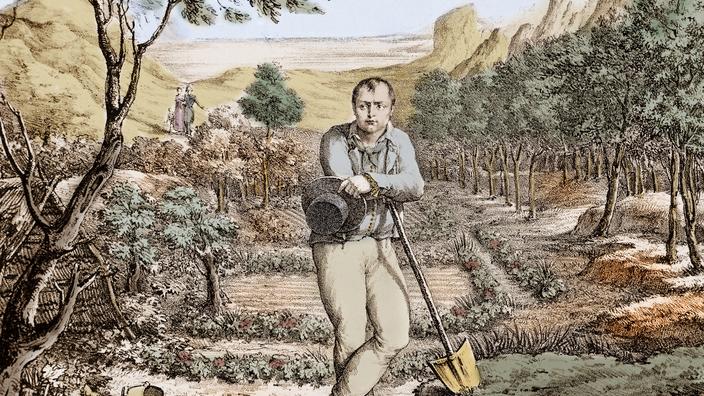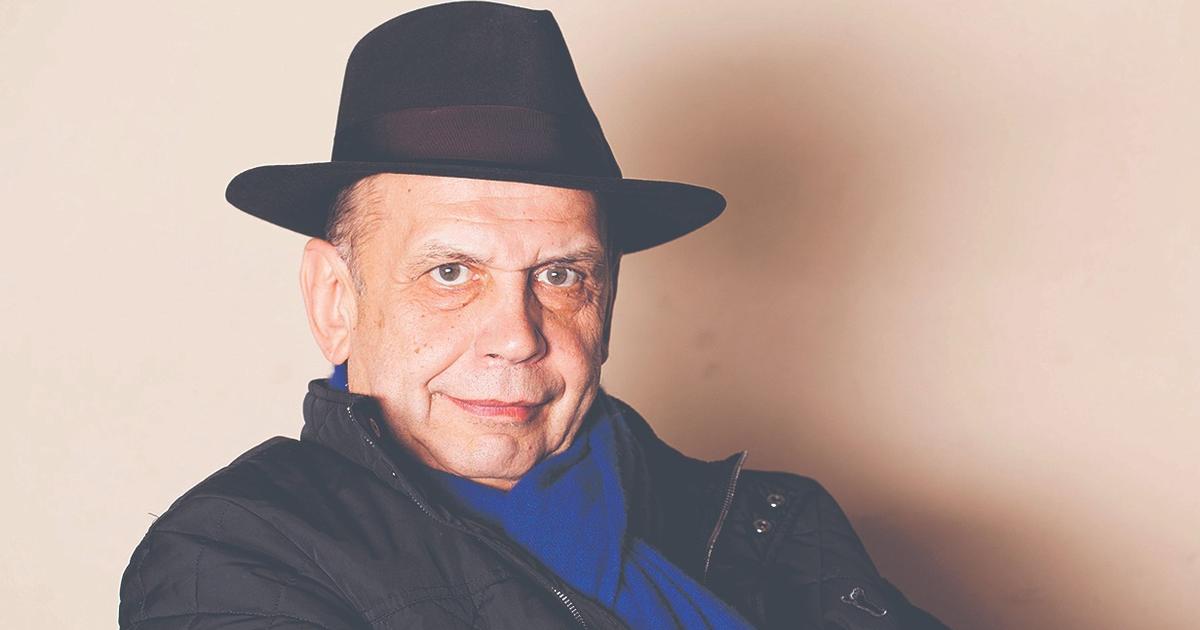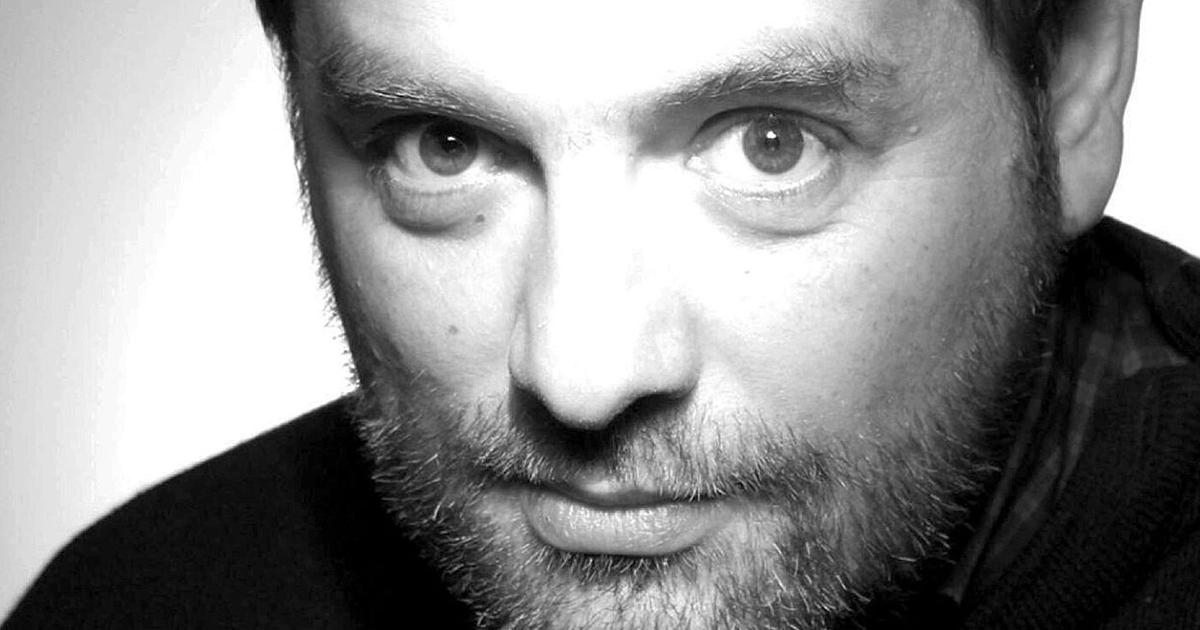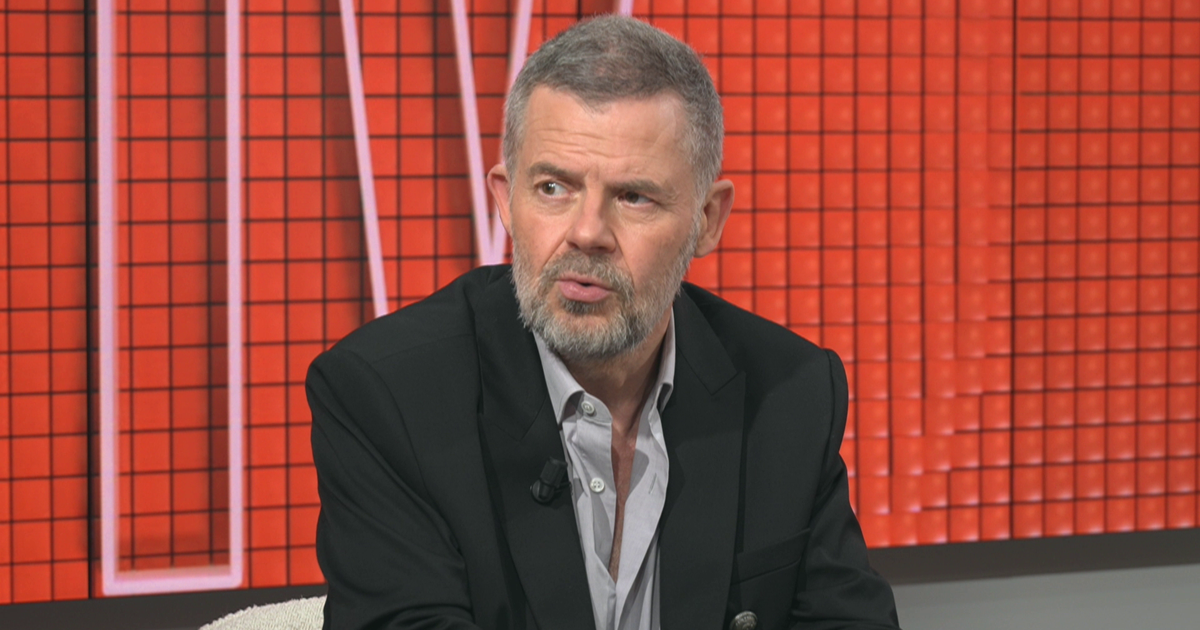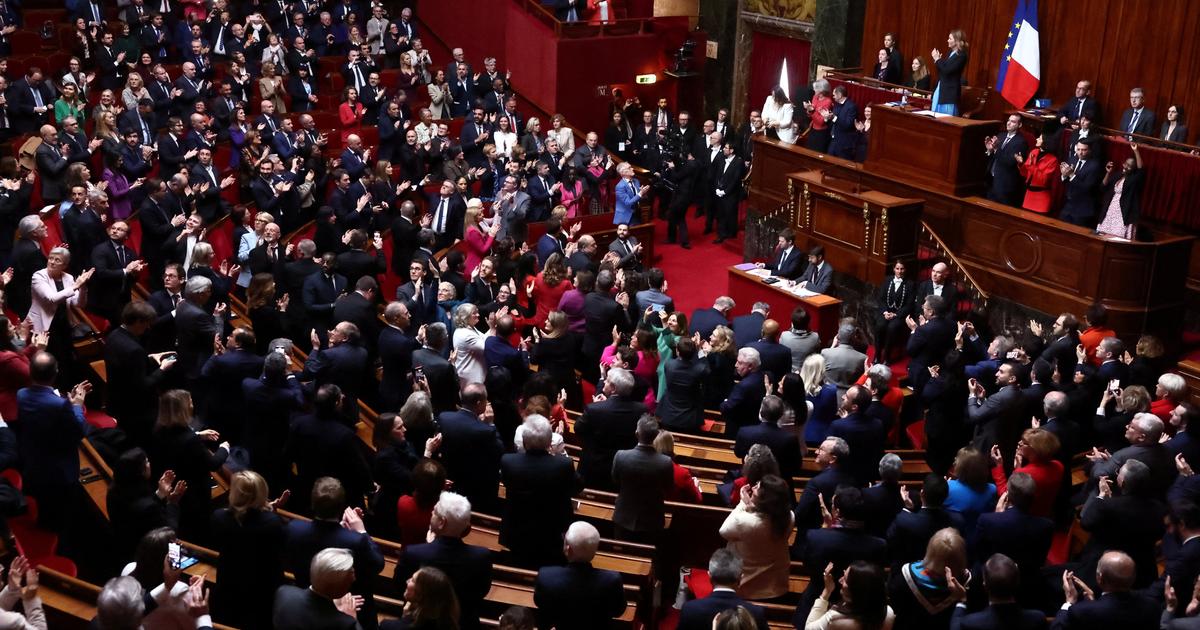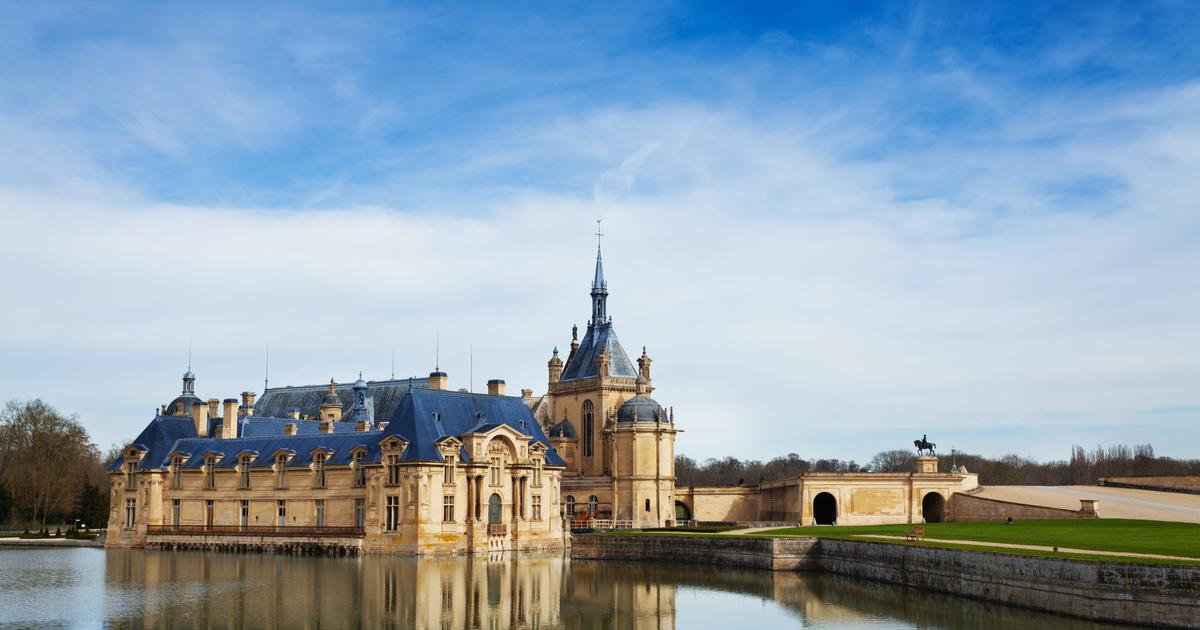Napoleon spent the last part of his life, from October 15, 1815 until May 5, 1821, when he breathed his last, on the island of Saint Helena, a small piece of land lost in the middle of the Atlantic.
In this year of the bicentenary of the death of the Emperor, two specialists in the Napoleonic gesture, the historian David Chanteranne and the journalist Jean-François Coulomb des Arts, had the great idea to write a selected anthology of the various memoirs written by the great witnesses of this fatal exile, that is to say Emmanuel de Las Cases, Gaspard Gourgaud, Henri-Gatien Bertrand, Charles-Tristan de Montholon but also memories of doctors and servants, not to mention the jailer's notes of the Emperor, the sinister Hudson Lowe.
To read also: Bicentenary of Napoleon: "Courage, flee"
Jean-François Coulomb des Arts explains why reading what he calls “
the new breviary of Saint Helena
” sheds light as much on Napoleon's humanity as on his vision of politics in history.
To read also: "Napoleon was the hero of the popular classes"
Jean-François Coulomb des Arts. -
It's simple: it's the book I wanted to read.
We happily tackled this task with my friend David Chanteranne, who has so far published no less than forty books on Napoleon.
All these collected testimonies, written by several hands, give a new vision of the Emperor.
This composite portrait of Napoleon is, I believe, very human.
You have obviously given the floor to the “
evangelists
” Las Cases, to Gourgaud, to Grand Marshal Bertrand, to Montholon, but also to his servants Marchand and Ali ...
Because their testimonials are essential.
Marchand is much more than a valet in Napoleon's eyes.
It is closer to his privacy.
He is helpful, loyal, attentive.
The emperor can count on him.
In his will, he wrote in his place: “
I bequeath to Marchand, my first valet de chambre, 400,000 francs.
The services he rendered me are those of a friend.
His writings show Napoleon's human qualities.
I must also say that Marchand was a particularly well-trained man.
He left two volumes of memoirs and it is not nothing.
He was a wonderful designer and an extremely elegant man.
Read the file: Bicentenary of the death of Napoleon Bonaparte: in the footsteps of the Emperor
During his exile, does Napoleon get closer to men?
I don't think he's ever strayed from it. He was above all a leader of men from his earliest years. But in Saint Helena, he finally has time to focus on the people they meet. Irish doctor O'Meara recounts Napoleon's affection for Toby the Malay gardener, enslaved by the English. The two men will speak freely. Napoleon wants to release him but Toby refuses because he wants everyone to be released with him. Here again, we can see that Napoleon was never a racist or a slave. It was the economic and political pressures of his time that pushed him to reestablish slavery but certainly not an ideology whatever the new debunkers in history may say. And we must not forget that when he returns from Elba Island,he was the first to abolish the slave trade.
You also give the floor in your anthology to Hudson Lowe, Napoleon's jailer. Why ?
To understand how this obtuse being, by harassing Napoleon, did a lot in spite of himself for his glory.
Lowe is obsessive.
He believes Napoleon wants to escape.
It's ridiculous.
Saint Helena is lined with cliffs and the English navy patrols day and night.
What is surprising about this angry and petty officer - he is counting the loaves of bread!
- is his total lack of remorse.
Napoleon had predicted to him that he would become an outcast even in his country and he was not mistaken.
Hudson Lowe will die abandoned by all.
Figaro Hors-Série
: Bicentenary of Napoleon, the epic, the myth, the trial
Was Napoleon poisoned, as many still believe?
No, I do not think so.
However, he died of cancer caused by boredom and inactivity.
Doctor O 'Meara, who never betrayed him despite repeated promptings from Hudson Lowe, encouraged him to exercise.
But Napoleon ended up refusing so as not to submit to the diktat of his jailer who forbade him to take too long rides on horseback.
In the introduction to your anthology, you say that it can become a kind of political manual ...
I would even dare to use the word breviary. Napoleon said: “
I have always walked with the opinion of the great masses and events. I have always paid little attention to the opinions of individuals, and much to that of the public.
With these words, he gives a trail of inspiration to our current leaders. Napoleon, he is the man who ends the revolution by laying the foundations of our Republic. The Civil Code, prefects, high schools and so on. De Gaulle had said to Malraux about his work: "
Let us not haggle over greatness.
He was right, Napoleon was and still is the greatness of France.
Napoleon: The last witnesses
tell, an anthology directed by David Chanteranne and Jean-François Coulomb des Arts
published by Editions du Rocher
Napoleon, the last witnesses tell about editions du Rocher

